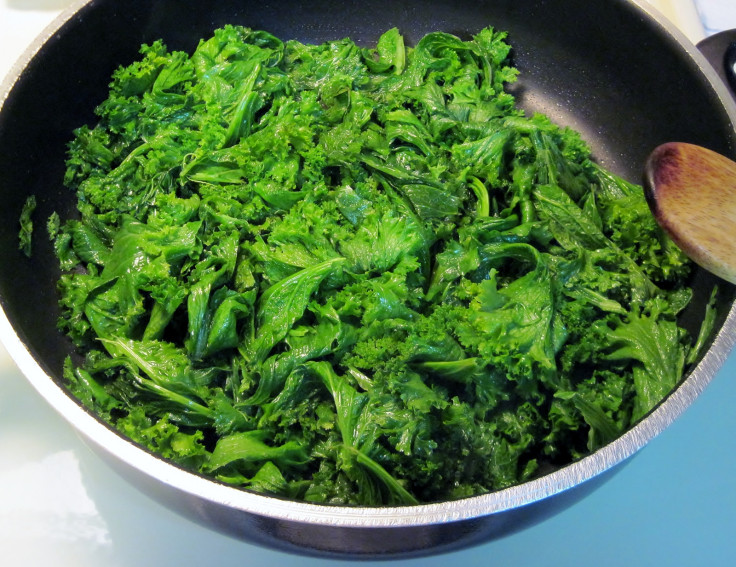Naturally-occurring compound in veg turns back clock for mice – are humans next?
The anti-ageing compound NMN is found in several common foods, including broccoli and avocado.

A compound that occurs in several common foods has "remarkable" effects in reversing the ageing process, scientists have said.
Mice that were given a naturally-occurring compound called NMN in their water lost weight and responded better to insulin, the researchers say. Other benefits the mice experienced included improved eye health and increased bone density.
All of these factors – gaining weight, responding less to insulin, deteriorating eye health and loss of bone density – are ordinary parts of the ageing process in both mice and humans. Lower levels of a compound called NAD is also associated with ageing.
The team, based at Washington University School of Medicine in St Louis in the US, wanted to find a way to boost NAD levels in mice in an attempt to slow down or even reverse these changes associated with ageing.
Adding NAD directly in the diet or by injection was not an option, says paper coauthor Shin-ichiro Imai, a developmental biologist and medical doctor. "If we just simply take NAD orally, our gut bacteria also consumes the NAD. Also having a high level of NAD in our blood circulation is actually pretty bad. So giving NAD directly is not really a viable idea," he says. The extra NAD will only have the beneficial effects if it's present directly in the tissues that use it.
Eat your greens
Good sources of NMN:
- Broccoli
- Cabbage
- Cucumber
- Edamame beans
- Avocado
Benefits of NMN seen in mice:
- Improved liver function
- Skeletal muscle health
- Increased bone density
- Better eye function
- Improved insulin sensitivity
- Better immune function
- Weight loss
- More physical activity
To get around this problem, the researchers tried using NMN instead – a substance that the body can convert easily into NAD in tissues. "If we are losing the capability of synthesising NAD then we can probably supplement it with something that can be converted to NAD and restore our body's functions," Imai says.
The team added NMN to mice's drinking water. Within 10 minutes the NMN was in the mice's bloodstream and then taken up into the body's tissues and converted to NAD.
The results in mice seem to be very promising, affecting a range of bodily functions from liver health to levels of physical activity. "NMN has a remarkable anti-aging effects in mice," Imai says.
While it seems to have many health benefits, it's not clear whether NMN increases life expectancy in mice as well. "NMN-administered mice definitely had a longer health-span. Entire life-span, we're not sure, but if this keeps working in this way they could have a longer life-span as well."
The next step is to see whether NMN has the same remarkable effects in humans, with small-scale trials planned to begin in Japan.
The research is published in Cell Metabolism.
© Copyright IBTimes 2025. All rights reserved.






















